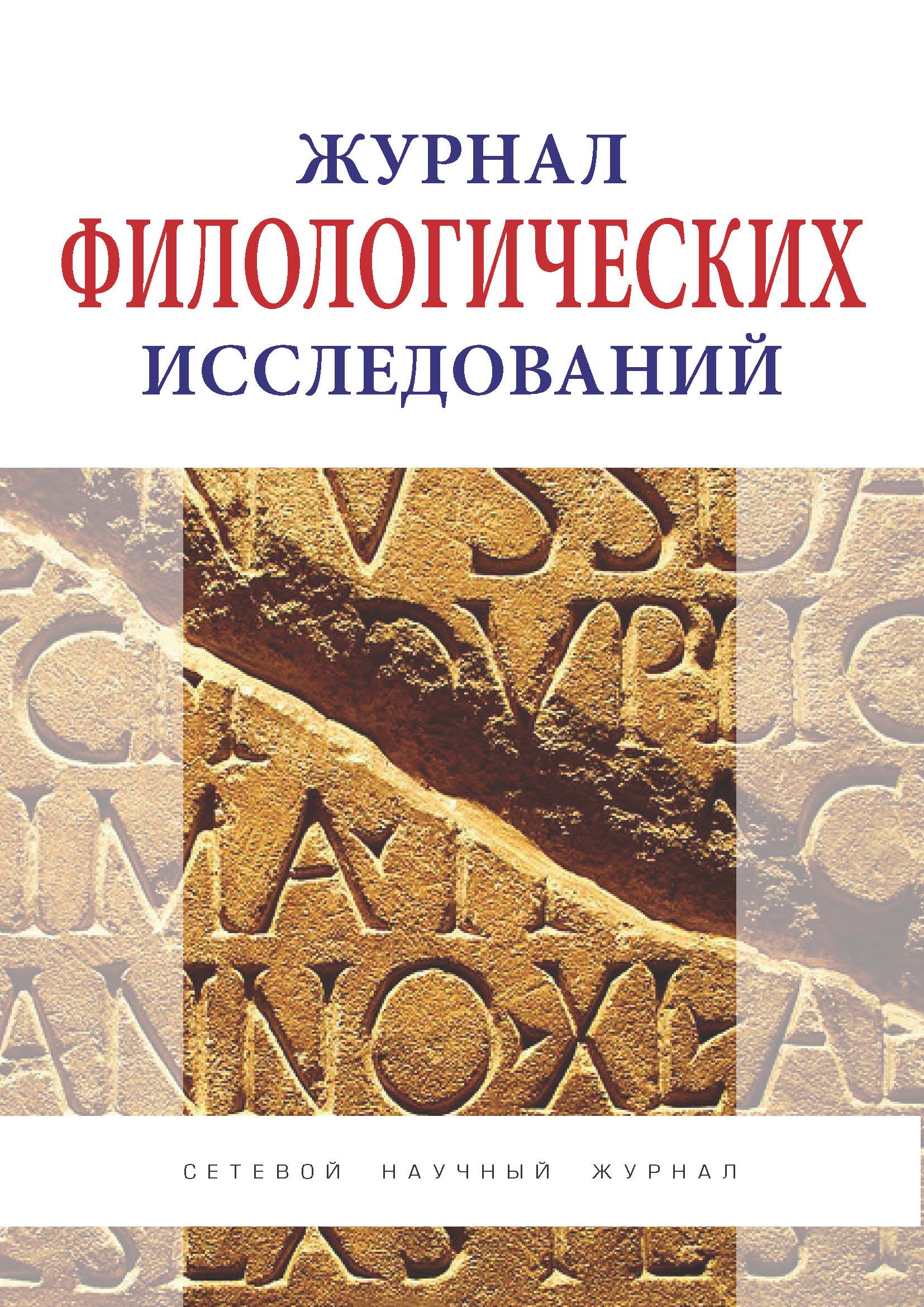Russian Federation
The article analyses journalism of Gorky 1917-1918, published in the newspaper "New life" under his editorship. Later these articles were published in two complementary books: "Revolution and culture. Articles for 1917. - Berlin, 1918. (33 articles) and "Untimely thoughts. Notes on revolution and culture." - Petrograd, 1918. (48 articles). Gorky, "notes on the revolution and culture" proved to be timely and relevant not only in years, but remain the same in our time, because they covered the most important questions of human existence: the rise of the individual involved in the construction of a new society and a new culture; the struggle for the development of education, science, "smart power", the ability to reform the society and economy; the formation of national identity; an under-standing of their world-historical mission, which is implemented in the idea of a new culture and "world brotherhood." The implementation of these reforms, according to A. M. Gorky, possibly in terms of the failure of political parties and classes from the political struggle and the transition to the processes of comprehensive development of culture and art. Urgent problems of ensuring national economic interests of the country in system of world economic communications are considered. Taking into account movement of world economy to the world economic crisis of the 2020th years caused by big cycles of economic activity current trends of development of world economic communications are determined. The prospects of development of world economic communications in modern conditions taking into account dynamics of direct foreign investments are determined.
Gorky, journalism, revolution and culture, "Untimely thoughts".
Публицистические произведения А.М. Горького, созданные в период между февралём
Созданные во время свержения самодержавной власти в России и подготовки социалистической революции, активным сторонником которой А.М. Горький являлся, а также был деятельным участником общественных и литературных движений тех лет, эти статьи, очерки, фельетоны, открытые письма, речи стали способом выражения его гражданской и патриотической позиции. Вместе с тем они свидетельствовали о важном этапе развития мировоззрения писателя, чаще противоречивого, нежели последовательного. И то, что А.М. Горький был противоречив в оценке происходящего, лишний раз подтверждает историческую непредсказуемость революционных событий, порождавших такие противоречия.
Публицистика А.М. Горького так называемого «новожизненского» периода изучена не так основательно, как хотелось бы, по разным причинам: и потому, что после выхода в Петрограде в
1. Gor'kiy A.M. Nesvoevremennye mysli. Zametki o revolyucii i kul'ture. - M., Sovet-skiy pisatel', 1990. - 382 s.
2. Gladkov I.S., Piloyan M.G. Istoriya mirovoy ekonomiki: Nauchnoe izdanie/2-e izdanie. -M.: Prospekt. 2016. - 383 s.
3. Ivanova E.V. O formirovanii pozicii A.M.Gor'kogo v 1917-1919 gg.// Maksim Gor'-kiy: Vzglyad iz XXI veka. Gor'kovskie yubileynye chteniya 2008. - M., 2010.
4. Ovcharenko A.I. Publicistika M.Gor'kogo. M., - 1965.
5. Piloyan M.G. Ekonomicheskaya istoriya / Pod red. professora I.S. Gladkova. M., 2003. -149 s.
6. Reznikov L. O knige M.Gor'kogo «Nesvoevremennye mysli» // Neva. - 1988. - №1. - S. 148-171.
7. Spiridonova L.A. Nastoyaschiy Gor'kiy: mify i real'nost'. - Nizhniy Novgorod, 2016. - 335 s.






